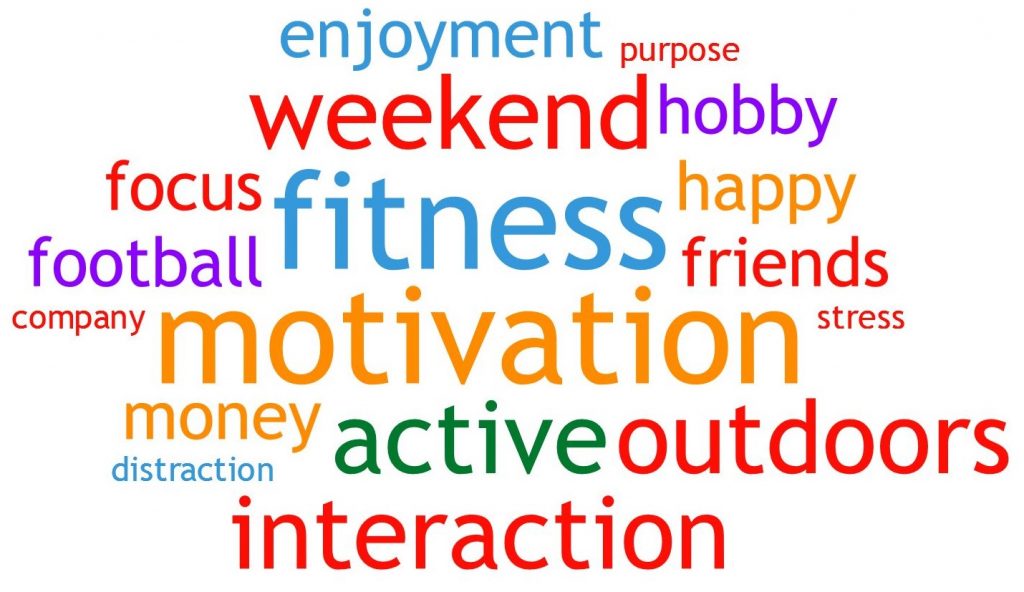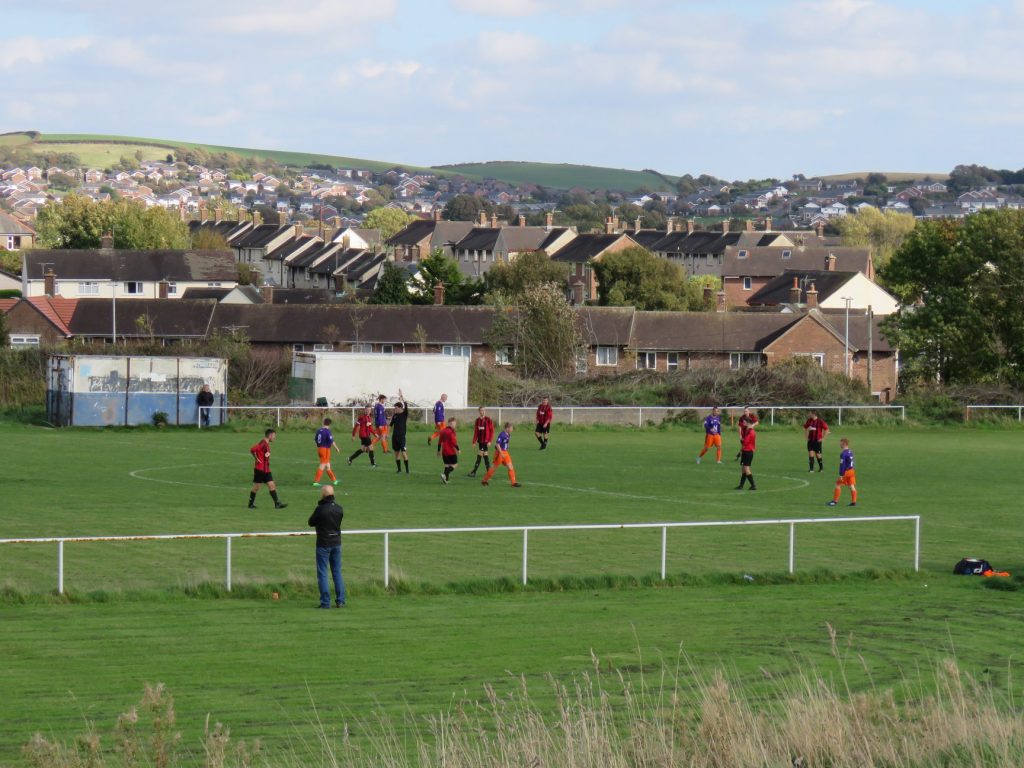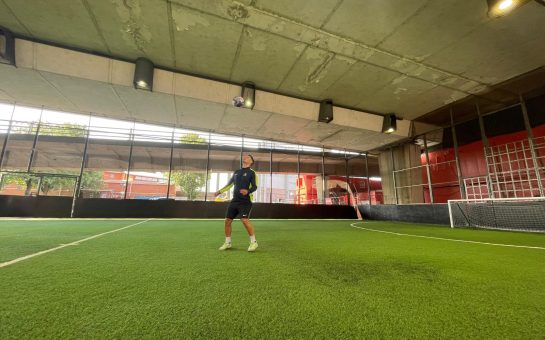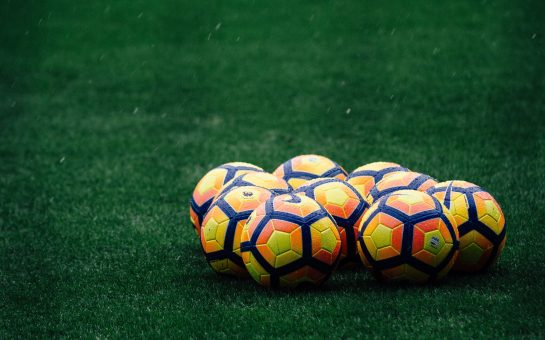As the postponement of grassroots sport rolls on with no discernible end in sight, there is an increasing amount of scrutiny on the wellbeing of those involved.
On January 25, Sport England drew renewed attention to the problem when it announced a 10-year strategy and £50 million in extra funding in a bid to boost activity and all the benefits that go with it.
But while a lot is rightly said about the physical and mental impact of the loss of grassroots sport on the players — particularly at youth level — little is said about the impact on the men or women in the middle of it all.
In a small but representative survey of football referees at amateur and semi-pro level in the north west, almost 75% said they had officiated on a ‘much lower’ number of games in 2020 compared to an average year.
As the worst of coronavirus and the postponement of grassroots sport coincided with the end of one football season and the start of the next, this is not surprising. What is more surprising is the impact on the referees missing out on game time, even though their role is often limited to a few hours once or twice a week.
When asked to assess the impact of the loss of grassroots sport on their physical and mental wellbeing on a scale of 1 (‘no impact’) to 10 (‘a life-changing impact’), the referees gave a median score of 7 in both categories.
On the physical side, explanations focused on the loss of fitness. Many referees have lost their main form of exercise, and have struggled to maintain their fitness due to the closure of places like gyms or swimming pools.
One referee said: “I have tried very hard to keep fit, but with the lack of games it has been difficult to find the right sort of high-intensity exercise that best mirrors a real game.”
On the mental side, explanations focused on a loss of motivation. The postponement of grassroots sport has been felt not only at the weekend, but also throughout the week as referees have had little to look forward to.
“Not being able to have a run out refereeing has been very hard,” one said.
“It’s the norm for people like me, who’ve done this for over ten years now.
“Going from being constantly active to an unmotivated slob is tough to take.”

These results are understandable to Stuart Carrington, a lecturer in sports coaching science at St Mary’s University, London and author of Blowing the Whistle: The Psychology of Football Refereeing.
He said: “Of course, if you enjoy doing something and suddenly you can’t do it, you’re not going to experience the pleasure. And if we take away the pleasurable emotions, what are they replaced with?
“It’s either going to be a neutral emotion or a negative emotion. Many referees are experiencing that at the moment.”
Given the intense pressure experienced by referees, it might seem strange to talk about their role in terms of pleasure. But a lot of them relish the challenge this pressure brings, as well as the fitness, the fresh air and — even at the lowest of levels — the football. The loss of grassroots sport is therefore bound to have an impact, although the extent of it varies one referee to another.

The reason for this, according to Carrington, lies in passion. Some referees have what is called a harmonious passion for the activity, which means it makes them feel good before, during and afterwards. Crucially, however, taking the activity away does not stop them enjoying other activities.
Others have what is called an obsessive passion, which means the activity feels like an obligation to them. It comes to define them, leading to the feelings of anger, anxiety, frustration and even worthlessness expressed in the survey when it is withdrawn for a period of time.
With so much else going on, referees are unlikely to receive specific support for as long as the postponement of grassroots sport continues.
But in the meantime, perhaps the break should be seen as a chance for those at amateur and semi-pro level to reassess their relationship with the activity. Has their passion for it become obsessive and, if so, how to restore harmony to it?



